'I’m at a total loss for words at how hostility toward science has escalated in the U.S.'
MPI-M Director Jochem Marotzke shares his assessment of what the Trump administration's policies mean for national and international climate research…

Embracing diversity for the future of climate modeling
What's next for climate modeling? Five internationally recognized female scientists have joined forces to come up with an answer. They argue: Instead…

50 Years of Climate Research at the Max Planck Institute for Meteorology
A lot has happened in climate research since the Max Planck Institute for Meteorology was founded 50 years ago. Activities at the Institute have…
![[Translate to English:] [Translate to English:]](/fileadmin/_processed_/a/1/csm_pexels-christopher-politano-978995-30145743_0be4682f6e.jpg)
Airborne microplastics: Where do they come from, where do they go?
How tiny plastic particles enter the atmosphere is an important question, as airborne microplastics are a potential health threat. Using a global…
![[Translate to English:] [Translate to English:]](/fileadmin/_processed_/a/5/csm_Noel_Hans_Chao_cbb534cbaa.jpg)
Ocean, convection, adaptation: three new working groups starting at MPI-M
Three new working groups recently established at the Max Planck Institute for Meteorology (MPI-M) are tackling cutting-edge issues in climate…
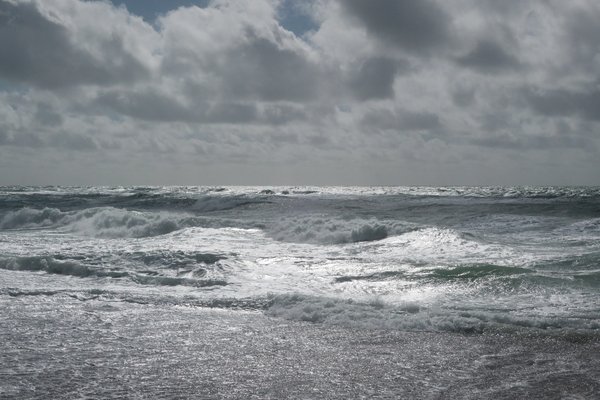
Weaker ocean circulation could cost trillions
A major motor for the global climate is beginning to falter: a massive system of ocean currents called the Atlantic Meridional Overturning…
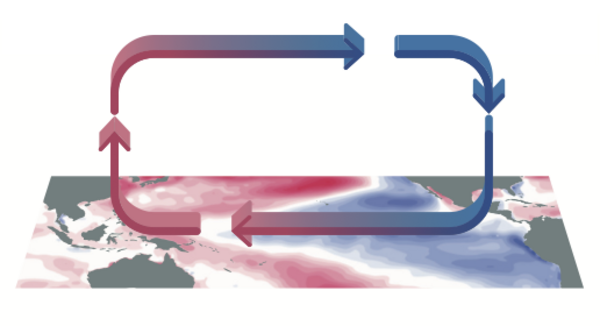
Study explains unexpected recent strengthening of the Walker circulation
The Walker circulation, an atmospheric circulation pattern in the tropics, has accelerated in recent years, puzzling climate scientists who had…
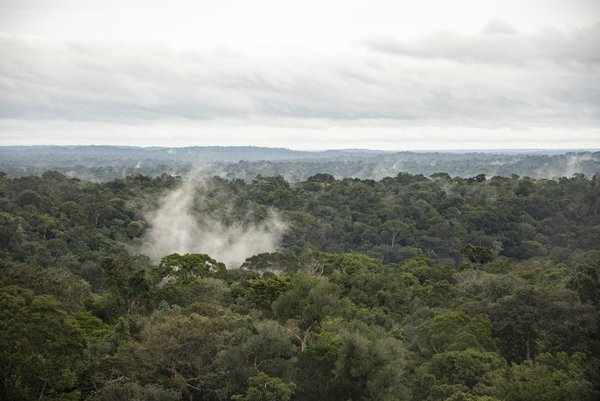
Amazon rainforest more resilient than assumed
New evidence suggests that mean annual precipitation in the Amazon region is not going to change significantly even if it were completely deforested.…
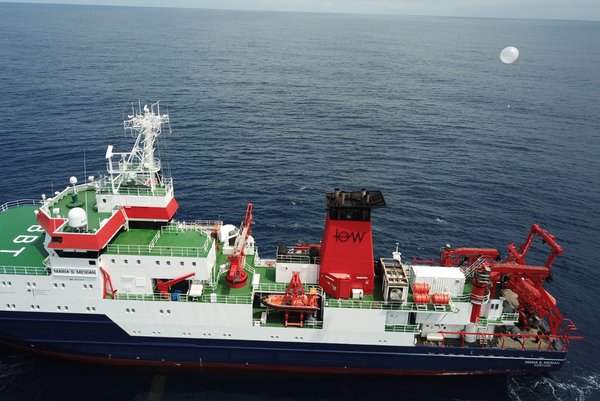
Proposal for an improved handling of ship-based data
Transparent processing of research data facilitates scientific work and serves scientific goals in the long term. Using data collected during a…

MPI-M to be one of the first users of Europe's fastest supercomputer JUPITER
One of the first applications on the new exascale computer JUPITER at Forschungszentrum Jülich will be high-resolution simulations of the climate…
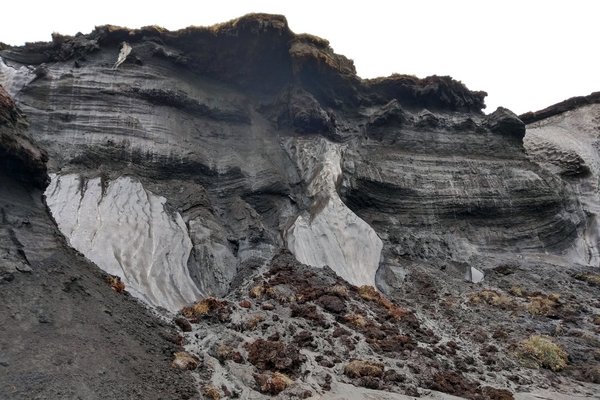
The precarious future of permafrost
The Arctic is heating up particularly fast as a result of global warming – with serious consequences. The widespread permafrost in this region, where…

Guy Brasseur honored with the AGU Kaufman Prize
In recognition of his commitment to international scientific collaboration, the American Geophysical Union honored Guy Brasseur with the Kaufman…
